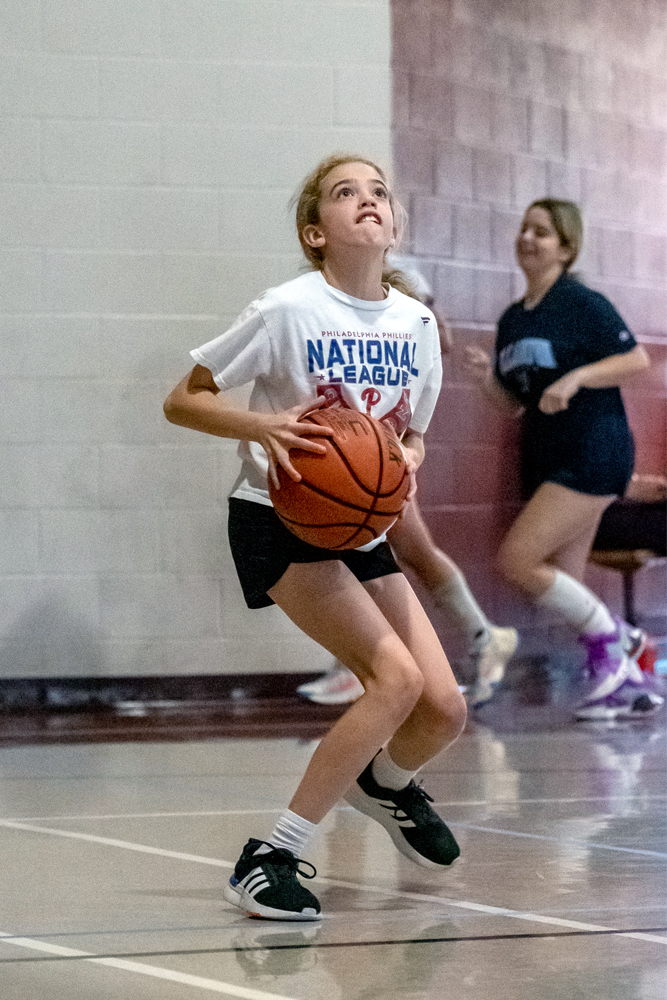In the dynamic realm of youth sports, the fundamental principle often overlooked is the practice of listening to our bodies. ‘Listening to Your Body’ is not merely a suggestion but a critical skill, especially for young athletes aspiring to consistent success. In this blog, we aim to explore the cues and signals our bodies send, guiding us in striking the delicate balance between pushing our limits and prioritizing recovery.
Listening to one’s body is indispensable advice for athletes of all levels, a fundamental skill for those striving for sustained success. Within the athletic journey, rest can be easily forgotten or ignored. However, it is crucial to understand the intricacies of rest versus overtraining.
In the competitive realm of youth sports, a resilient mind is as crucial as a resilient body. More than ever, the significance of mental health in athletic pursuits is being recognized. Here are some common stressors with examples:
- Performance Pressure, example: A young swimmer feeling immense pressure to achieve personal best times in every competition, fearing disappointment from coaches, parents, and teammates if they fall short.
- Parental Expectations, example: A teenage tennis player dealing with the stress of meeting high expectations set by overly involved parents who prioritize success over the athlete’s well-being.
Maintaining a resilient mind involves developing coping strategies, seeking support when needed, and fostering a healthy perspective on success and failure. Coaches, parents, and mentors play a vital role in creating a supportive environment that emphasizes the holistic development of young athletes, both physically and mentally. Encouraging open communication and promoting a positive mindset can contribute to building resilience in the face of these stressors.
Nutrition plays a key part in any athletic journey, especially for muscle growth, enhancing performance, and facilitating recovery. Understanding the significance of pre-training meals that fuel the body and post-workout nutrition aiding in repair is essential for achieving sustained success.
Distinguishing muscle soreness from a potential injury is of utmost importance for young athletes. It is important that young players are encouraged to have open communication with parents and coaches to assist them in assessing levels of soreness. Having consistent recovery periods will allow for faster, more controlled soreness alleviation. Overtraining and lack of recovery are high causes of injury in young athletes.
As athletes chart their course, it is vital to recognize that rest, nutrition, and mental health are interconnected elements crucial to success. The synergy of these components not only contributes to athletic performance but also fosters overall well-being.
Four tips for Athletes:
- Have confidence in yourself to back off when necessary. Fear of recovery being a bad habit can lead to pushing through training, resulting in minor problems escalating into major injuries or illnesses. Don’t hesitate to communicate openly with your coaches or athletic trainers.
- Recognize signs such as persistent fatigue, changes in mood, decreased performance, and increased susceptibility to illness. Monitoring these indicators can help identify when a rest day is immediately needed.
- Sleep is a cornerstone of physical and mental recovery. Quality sleep aids in physical and mental rejuvenation, contributing significantly to overall well-being and performance.
- Keep a detailed training log, noting specific feelings and responses, as well as the actions taken. This proactive approach helps in recognizing and heeding the body’s signals.
In conclusion, adopting the habit of listening to your body is not just a phase, it should be a habit. It is a journey of understanding and adapting, ensuring that the pursuit of excellence aligns with sustainable well-being. Start embracing this journey today for long-term success and well-being.
Embrace the Journey!

